Best AI Automation Tools Businesses Should Use in 2025
Multi-Agent Systems | AI Agents |Blockchain and IoT
Artificial Intelligence (AI) is no longer just a futuristic concept; it has become a ubiquitous tool used by businesses and organizations for various purposes. In 2025, companies of all sizes are utilizing AI automation to enhance efficiency, save time, reduce costs, and deliver better customer service. According to research, companies that implement AI automation tools experience a 40% increase in overall productivity, leaving those relying on manual, conventional, and piecemeal solutions far behind.
In this article, you’ll have detailed insights into the 10 best and impactful AI automation tools for businesses in 2025, their features, significance, and why they stand out. Whether you are a small business owner or you run a large enterprise, strategically implementing these tools can help you stay ahead of the competition.
What is an AI Automation Tool?
What is AI automation? And why has it been the talk of the hour lately? AI automation tools basically use artificial intelligence and machine learning to simplify and automate business processes. AI automation tools help simplify business processes, improve decision-making, and minimize manual workload. They are more flexible than conventional automation tools that follow a fixed set of rules and rely on pre-programmed rules.
AI automation uses advanced technology such as machine learning and natural language processing to help businesses by managing processes and tasks through programming computer systems to identify patterns, review data, and make informed decisions based on comprehensive data analysis. Natural language processing (NLP) not only helps understand, translate, and respond to human language but also allows businesses to analyze large volumes of datasets; moreover, it enables them to make informed decisions. Whereas, machine learning (ML) helps AI to analyze data and predict patterns to make logical choices based on historical data.
Check our blog AI vs Automation: Decoding the Differences for Business Success to delve deeper into this topic.
Types of AI Automation Tools
As per IDC, spending on AI automation is probably going to reach USD 630 billion by the year 2028. The primary distinction between AI-driven tools and traditional technologies lies in their ability to manage unstructured data and adapt accordingly. The following are some of the best AI tools for business:
- AI Assistants
- Business Automation Tools
- Content Generation Tools
- Enterprise Search Solutions
- AI Marketing Automation Tools
-
AI Assistants
An AI assistant, also called a virtual assistant or digital assistant, uses artificial intelligence to perform tasks, assist clients with a huge range of activities, and answer queries. AI Assistants have become smart collaborators; consequently, they work with humans to handle complex tasks faster and more efficiently. In addition, backed by large language models as well as specific domain knowledge, an AI assistant can brainstorm ideas, may offer personalized insights, and even run actions within the system.
-
Business Automation Tools
A business automation tool helps businesses work smarter by incorporating AI business process automation to handle various tasks. In fact, it helps minimize manual efforts in tasks like customer support, data entry, and emails. Moreover, by integrating AI in business operations, these tools help improve accuracy, speed, and decision-making skills. As a result, this allows workers to concentrate on more important and creative tasks that need human intellect.
-
Content Generation Tools
A content generation tool is an AI-based software that helps businesses with digital content creation, like ads, blogs, captions, etc. Similarly, automation tools for social media help businesses maintain a consistent active online status. In addition, by incorporating AI automation services, these tools help with trend analysis, wording optimization, and content generation tailored to certain audiences. Consequently, by delivering high-quality content in a short span, these tools help save time, cut costs, and enhance audience engagement.
-
Enterprise Search Solutions
AI-based enterprise search utilizes tools like semantic search, natural language understanding, and knowledge graphs to help workers quickly search for what they need. Moreover, these AI-powered tools provide unified search and answer natural language queries. As a result, enterprise search solutions help deliver context-aware results and intelligent recommendations to improve efficiency.
-
AI Marketing Automation Tools
AI marketing automation tools use artificial intelligence to plan, execute, and track marketing tasks. They can tackle tasks like scheduling social media posts, sending emails, and analyzing customer behaviour. Consequently, it helps save time while reaching the right audience quickly and efficiently. In 2025, AI marketing automation tools are not optional anymore– they are essential. Whether you are a small business looking to scale or an enterprise optimizing operations, the right AI automation can take your business to new heights.
Top 10 AI Automation Tools
Here are some of the powerful artificial intelligence tools that can be of great help for businesses to make innovations and stay in competition:
- Microsoft 365 Copilot
- GitHub Copilot
- HubSpot AI
- Marketo Engage (by Adobe)
- Drift
- ChatGPT
- Jasper AI
- Zapier AI
- Moveworks Enterprise Search
- UiPath– Robotic Process Automation (RPA)
1. Microsoft 365 Copilot
Building on its enterprise AI technologies, Microsoft Copilot integrates AI into Microsoft 365 apps like Word, Excel, Outlook, and Teams, transforming office work faster and smarter. Businesses can take advantage of it for AI document automation, data analysis, and scheduling. Microsoft 365 Copilot uses AI integration to help create summaries, highlights, and action items from emails and documents. It also helps with analyzing spreadsheets with natural language processing. Microsoft 365 Copilot helps organizations co-create presentations in PowerPoint through AI-generated formats and designs.
Why does it matter in 2025? Since Microsoft 365 Copilot is already being used by small and large enterprises, even in 2025, integrating AI directly into familiar tools helps make adoption seamless and impactful.
2. GitHub Copilot
Trained on millions of lines of code, GitHub is another AI-powered assistant that helps developers write code faster and more efficiently by suggesting functions as they type. GitHub Copilot helps with faster coding by suggesting code snippets, functions, and boilerplate code, thereby saving time spent on repetitive tasks. In addition, this AI tool helps businesses understand logic and syntax by demonstrating real-time suggestions. Furthermore, GitHub Copilot integrates with IDEs and works with tools like Visual Studio Code, making it seamless and easy to adopt. Additionally, this AI assistant supports multiple languages by working across various programming languages such as Java, Python, C++, JavaScript, etc. In recent years, AI-powered coding has become very popular, and GitHub leads the way by being one of the most trustworthy and widely integrated tools.
3. HubSpot AI
HubSpot provides an all-in-one inbound marketing automation for businesses. This continuously dominates as a marketing automation tool, combining email, CRM, workflow automation, content, and AI-driven analytics. It is one of the best AI automation tools for businesses seeking a centralized and intelligent network for nurturing leads and optimizing campaigns across various channels. Its 2025 update to predict behaviour and personalize customer journeys makes it an ideal choice for businesses.
4. Marketing Engage (by Adobe)
Marketo Engage is an enterprise-grade marketing automation tool suited to B2B and complex sales cycles. Adobe’s unique integrations now enhance account-based marketing and campaign efficacy. This AI-powered marketing platform serves best to mid-to-large B2B enterprises needing campaign automation and segmentation. Its 2025 update allows for intent-driven targeting and AI-based content recommendations, making it the best choice for marketing automation.
5. Drift
Drift is another AI-powered marketing automation tool used for scaling conversational marketing for businesses. This is helping transform the way businesses interact with clients using AI-based chatbots. In fact, this AI tool helps convert websites into interactive and real-time lead qualification channels with the help of chatbots. But how would it help businesses in 2025? Moreover, its unique updates, like buyer intent detection, adaptive conversation flows, and personalized engagement, make it an ideal choice for companies.
6. ChatGPT
This AI tool has appeared to be a leading tool for business automation and communication. ChatGPT by OpenAI helps deliver secure and enterprise-grade data handling. This automation tool not only works as a chatbot, but it also assists with content creation, writing, and brainstorming ideas. Furthermore, ChatGPT automates customer service by reducing manual workload with fast and accurate responses. ChatGPT enterprise is highly flexible, making it a widely adopted AI tool for businesses in 2025.
7. Jasper AI
Jasper AI still tops the list in 2025 when it comes to AI-powered content generation. Companies can use this tool to optimize their blogs, ads, social media, and website copy. Further, it helps businesses create high-quality human-like content, and it also supports multiple languages. Its ability to offer SEO optimization, descriptions, and marketing templates makes it an amazing tool for businesses even in 2025.
8. Zapier AI
Zapier AI is a smart tool that is known for connecting apps and workflow automation without requiring coding skills. It allows businesses to connect thousands of apps like Gmail, Slack, HubSpot, etc, enabling tasks to be carried out automatically. With AI integration, Zapier works beyond simple work automation and can now process complex tasks and natural language. It can also help businesses create content and make informed decisions within workflows through AI incorporation. For example, a company can set up a workflow using Zapier where client inquiries received through email are summarized and logged into a CRM and sent as a notification to the respective team. Its ability to minimize errors, save time, and ensure quick response makes it one of the top AI automation tools in 2025.
9. Moveworks
Moveworks is an artificial intelligence tool that helps enterprise developers build and roll out AI automation quickly with a full dev environment. It’s agentic AI, powered by GPT 3.5-turbo and GPT-4 4 4 helps engage users to understand specific needs and take actions accordingly. Moveworks is an open platform that connects any system and supports custom AI models. Moreover, it provides businesses with enterprise-grade security and compliance controls. Its low-code or no-code tools and templates to speed up business impact set it apart from other tools and make it an ideal choice of tool in 2025.
10. UiPath– Robotic Process Automation (RPA)
UiPath continues to dominate as an AI automation tool for businesses because of its ability to handle repetitive and rule-based tasks. Its AI-driven features make it more intelligent for tasks like invoice processing, payroll, and data entry. As a leader in the RPA space, UiPath has leveled up by bringing AI into every part of the automation process. It helps create and launch AI-backed workflows through drag-and-drop tools. Moreover, it allows businesses to interact with employees and customers through conversational AI. Therefore, with its all-in-one approach, UiPath is one of the best choices for businesses in 2025.
How to Choose the Right AI Automation Tool?
While these tools are very impactful, not every business needs all of them. Selecting the right tool depends on what your goals, budget, and type of task are. The following are the factors to consider before choosing an AI automation tool for your business:
- Business Requirements: Do you need a tool for content creation, marketing purposes, workflow automation, or customer support?
- Cost vs. Value: Is the change or efficiency worth the money spent on it?
- Connection: Is it able to make the connection between the apps you are using?
- User-Friendliness: Is the tool you are opting for beginner-friendly, or does it require technical knowledge?
- Scalability: Will this tool stay reliable as your business grows?
Need a Reliable Company for AI Automation?
Are you looking for customized AI automation services to streamline your business operations while saving time and money? Go for our AI automation consultation from Flexlab to transform your business processes to stay ahead in the competition. Our AI-powered automation services use artificial intelligence, RPA, and machine learning to transform and streamline business operations without human intervention. Moreover, our team of experts helps turn data into actionable insights, enhances efficiency, and helps cut costs to simplify complex workflows.
As one of the best tech companies in the USA, Flexlab promises to deliver intelligent automation solutions in order to scale your business. Our skilled automation experts seamlessly integrate AI automation software into your system, resulting in smooth operations and impactful business outcomes.
Visit our website and portfolio to discover how we can help skyrocket your business. To have more detailed insights into different topics like Blockchain App Development, Cybersecurity Risk Assessment, and AI Development Company, visit our blog page.
Ready to Grow Your Business?
📞 Book a FREE Consultation Call: +1 (416) 477-9616
📧 Email us: info@flexlab.io
Conclusion: Best AI Automation Tools in 2025
In 2025, as the digital space continues to evolve, AI automation is not just about replacing human efforts – it’s about enhancing them. AI tools like UiPath, ChatGPT, Moveworks, GitHub, and Microsoft 365 Copilot help businesses achieve more with limited resources.
The top 10 AI automation tools listed here are helping organizations and businesses streamline and automate processes, strengthen relationships with customers, and stay ahead in the competition in this fast-moving digital landscape. Moreover, with the help of the right AI tools, businesses can unlock new heights of growth and efficiency.
What are the 4 types of AI tools?
AI automation tools are broadly divided into 4 types depending on their capabilities. Reactive Machines are the simplest type of AI Tool that respond only to current inputs without memory (e.g., IBM’s Deep Blue). Limited Memory AI is another type of AI tool that can learn from past data to make informed decisions. It is commonly used in self-driving cars. Theory of Mind AI is another type that is still under research. It aims to comprehend human emotions, social interactions, and intentions. Self-aware AI is the most advanced and hypothetical type of AI tool. It can possess human consciousness and independent thinking.
What is Perplexity AI?
Perplexity AI is an AI-powered search engine designed to answer queries in a clear and conversational tone, synthesizing information from multiple sources. This AI automation tool is different from conventional search engines by offering synthesized responses with links to the original sources and citations, resulting in greater transparency. Perplexity also suggests follow-up questions to provide users with in-depth details about a topic and support features such as real-time data retrieval and content summarization. It is known for research, quick learning, and exploring complex topics easily.
What are the digital workplace trends for 2025?
In 2025, workplaces are becoming more AI-driven, with AI automation tools automating tasks and business operations to support smart decision-making. Employee well-being is the priority, with AI tools focusing on the mental health of users as well as work-life balance. Cybersecurity and privacy are at the top as businesses rely more on cloud and digital systems. Moreover, hybrid and remote work models remain strong with the help of advanced collaboration. In addition, trends in 2025 are shifting towards skill-based learning platforms to keep employees ready for a more advanced future. As a result, these trends are reshaping workplaces to be flexible, secure, and people-friendly.
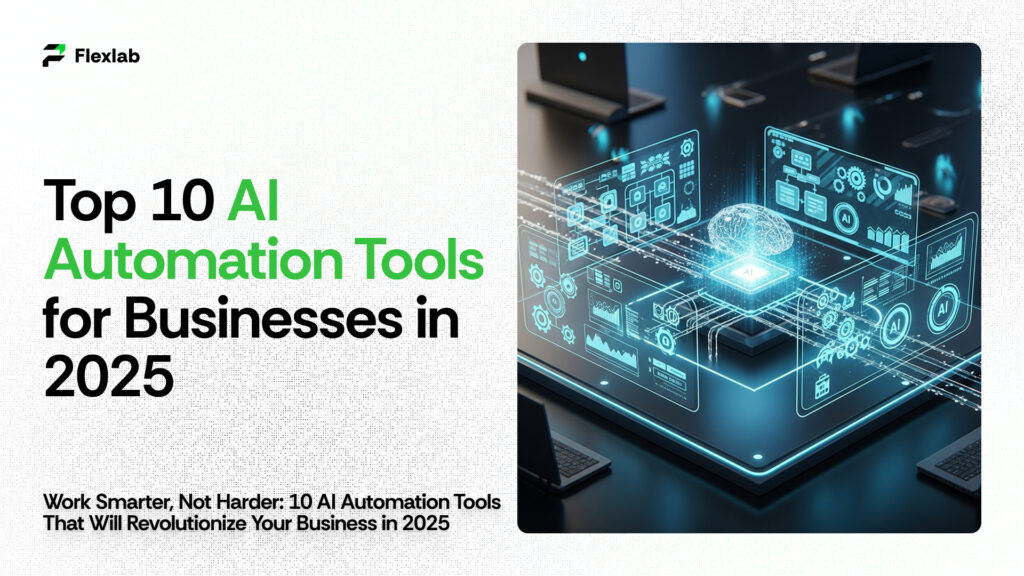
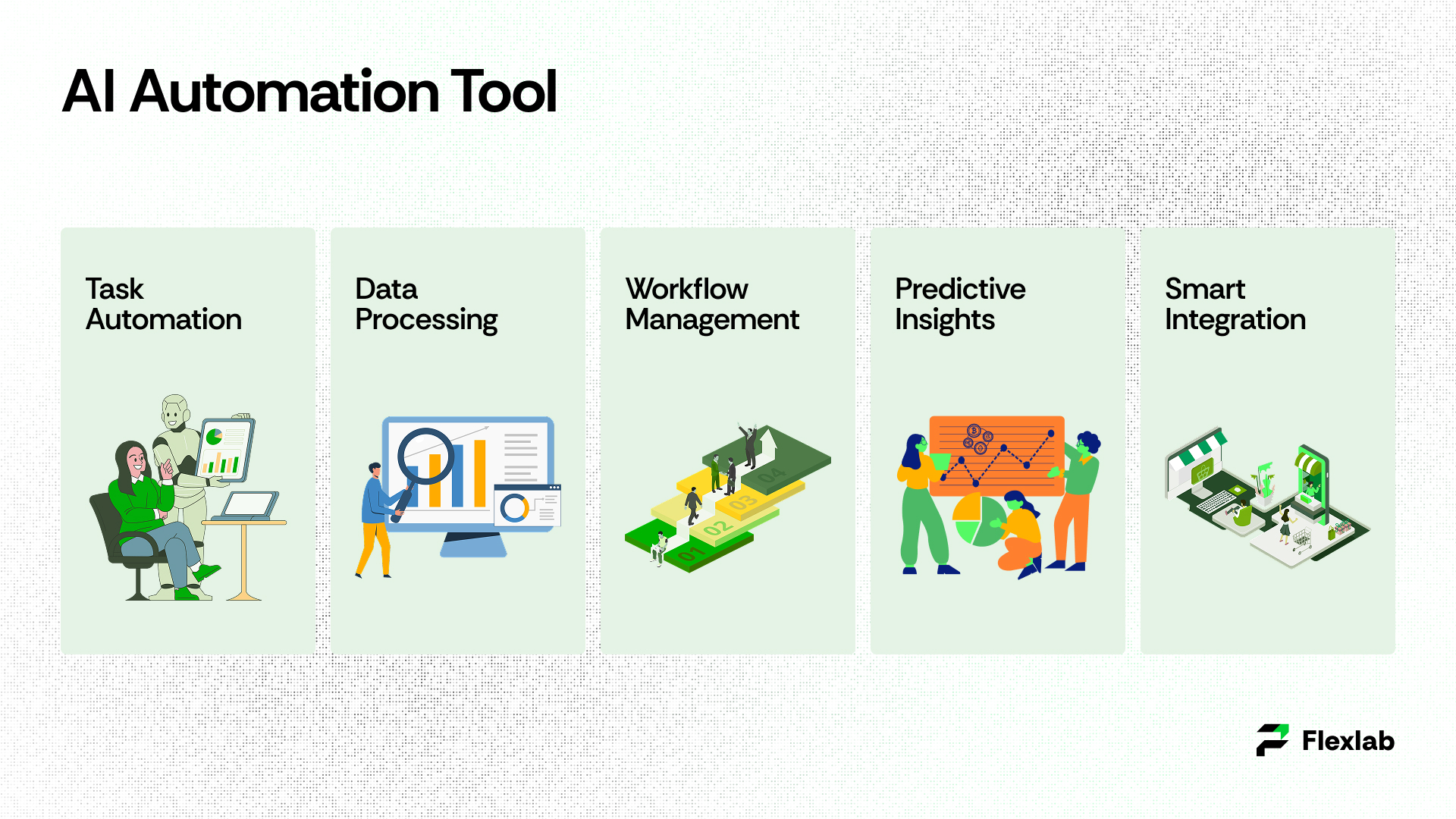
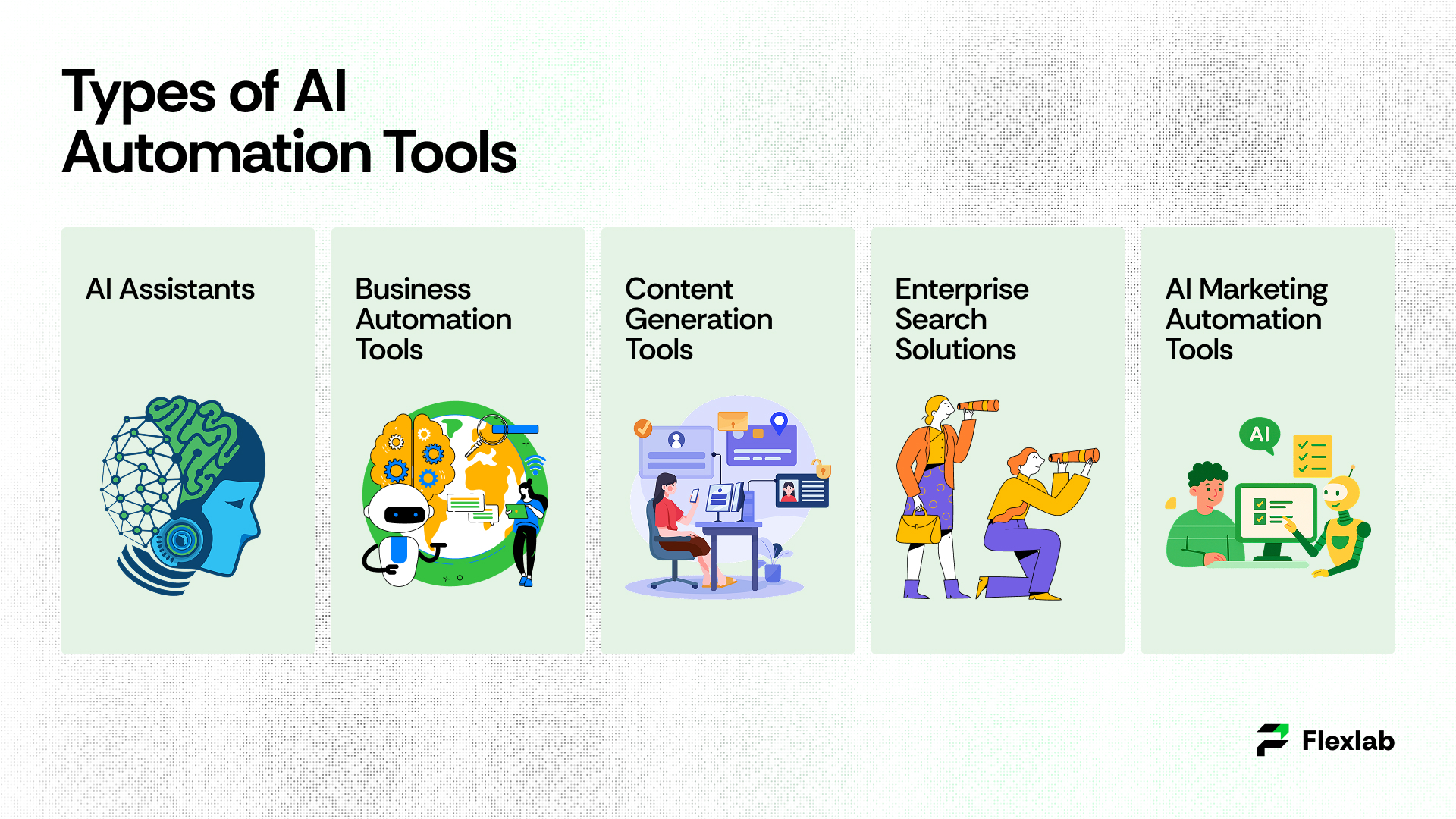
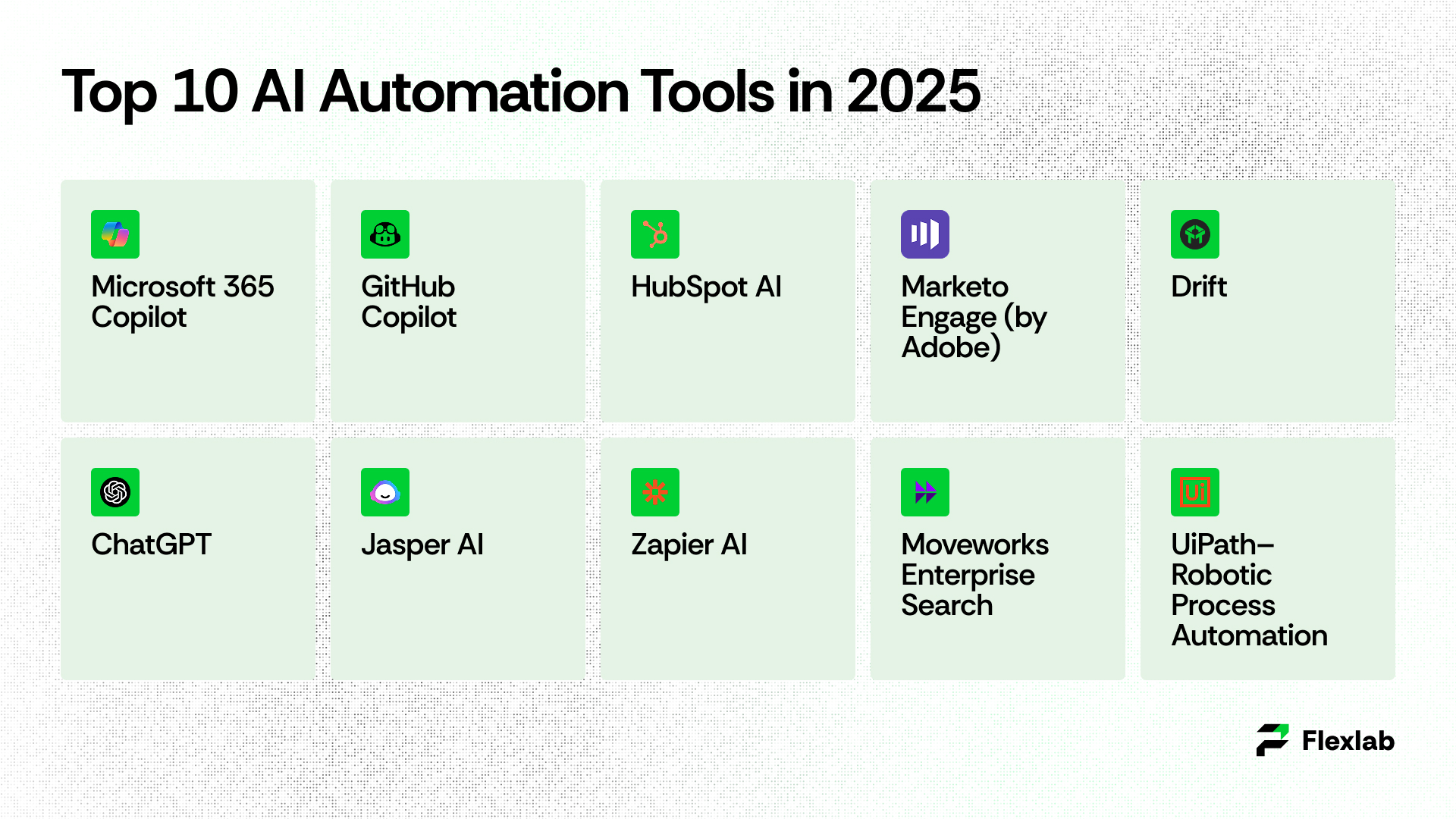
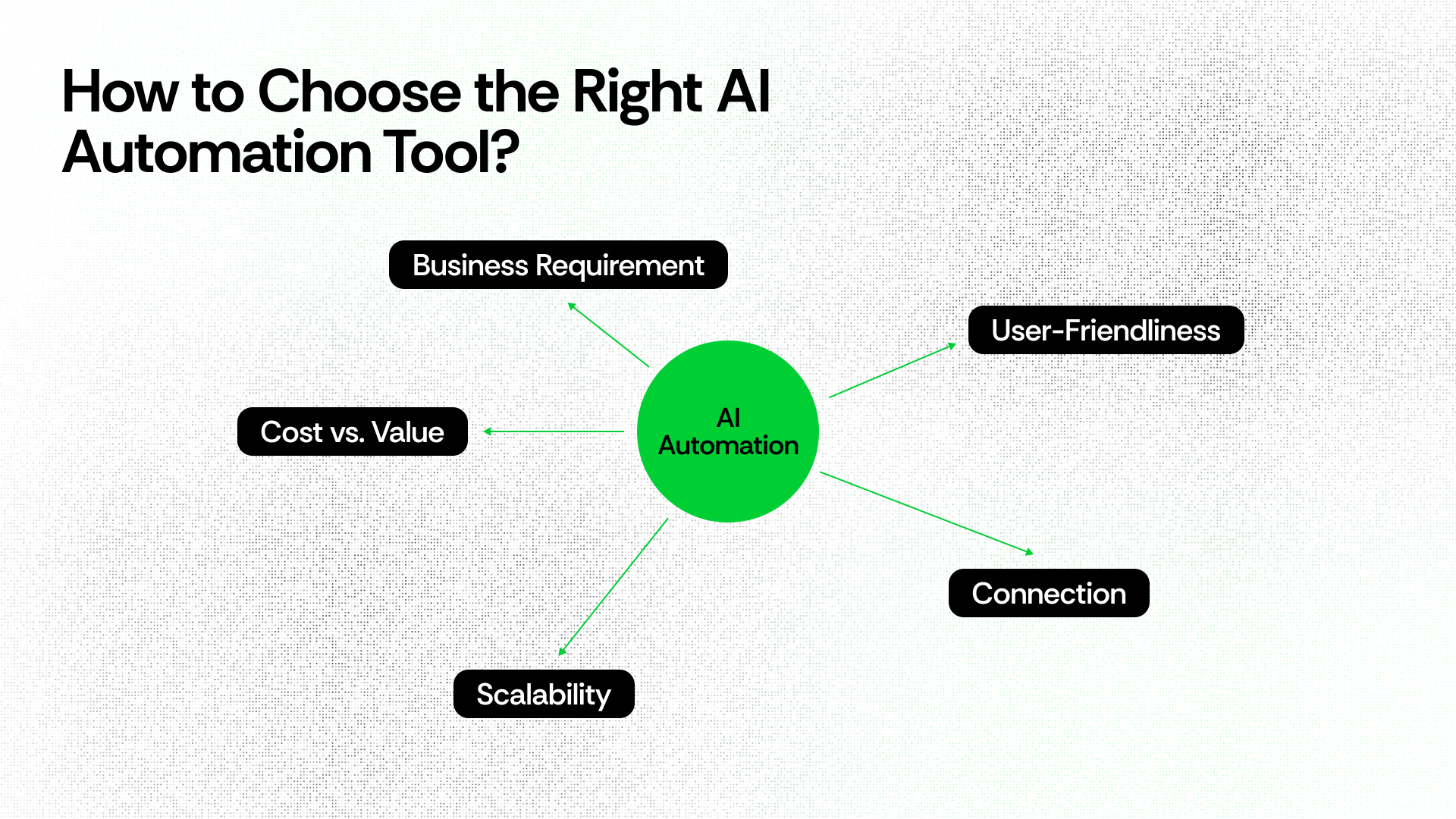
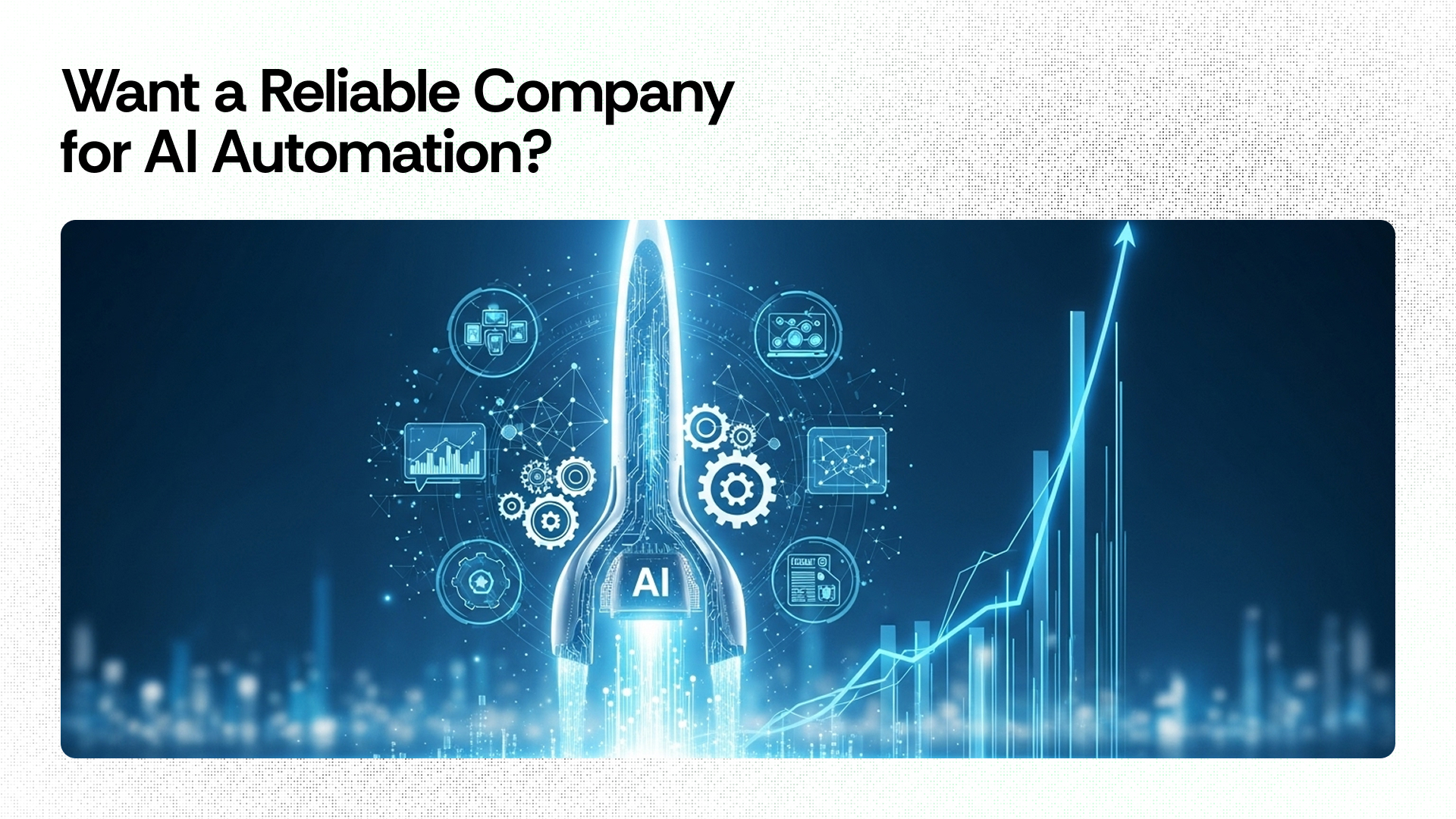

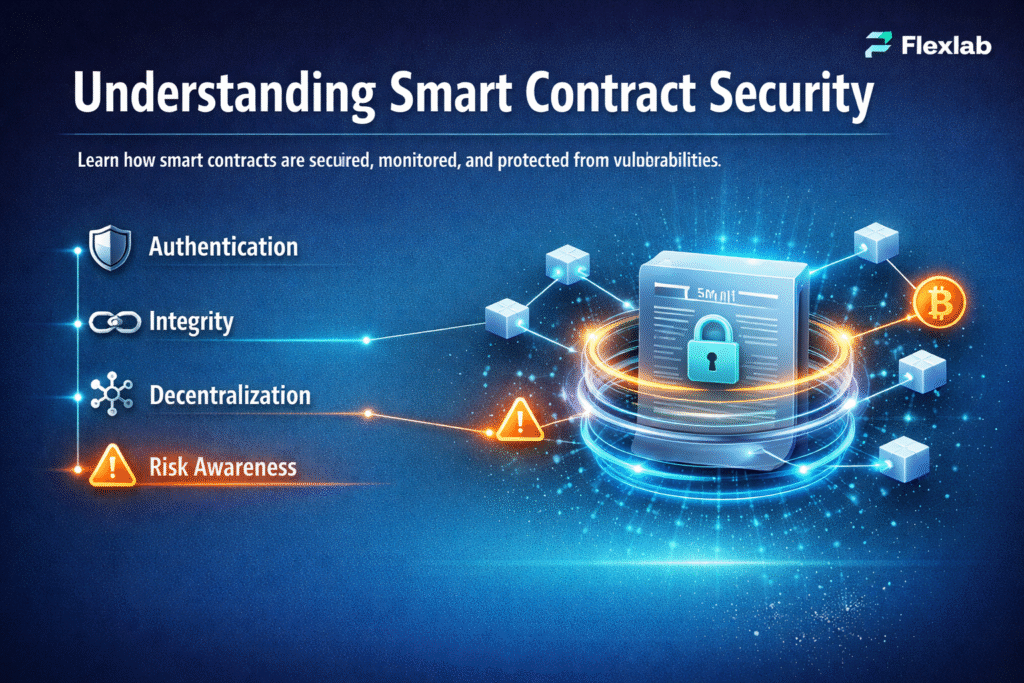
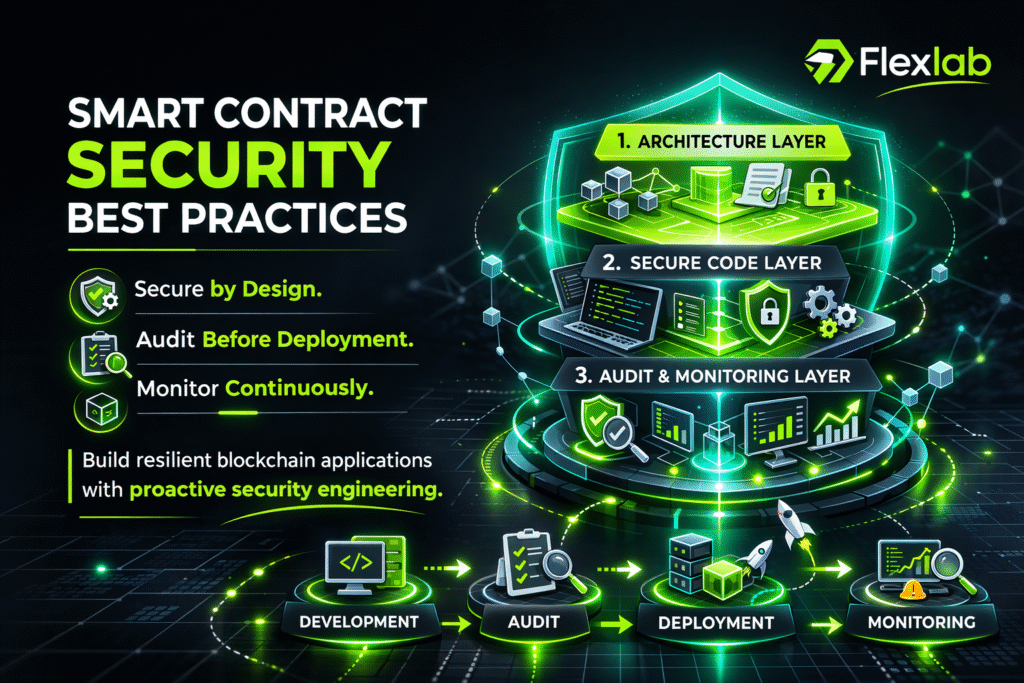
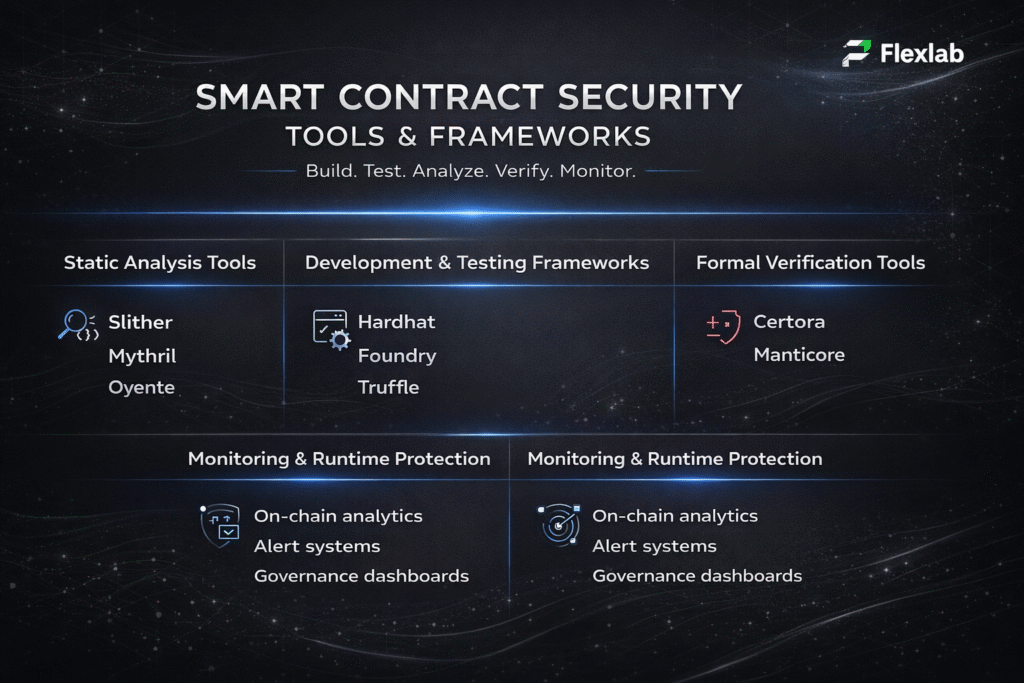




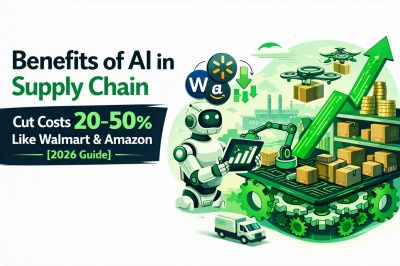
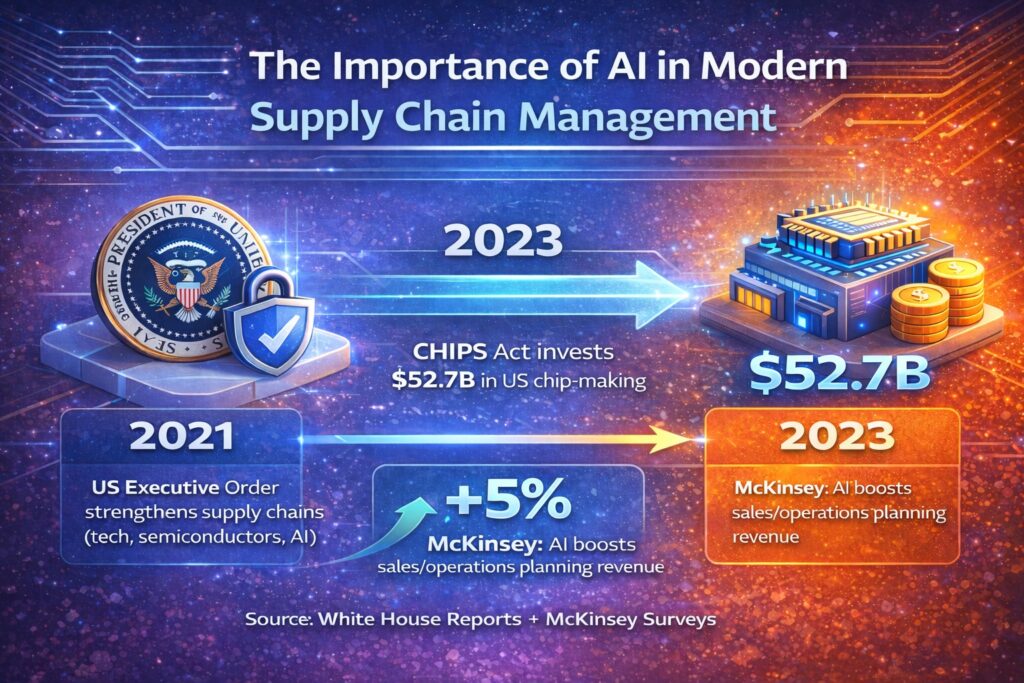
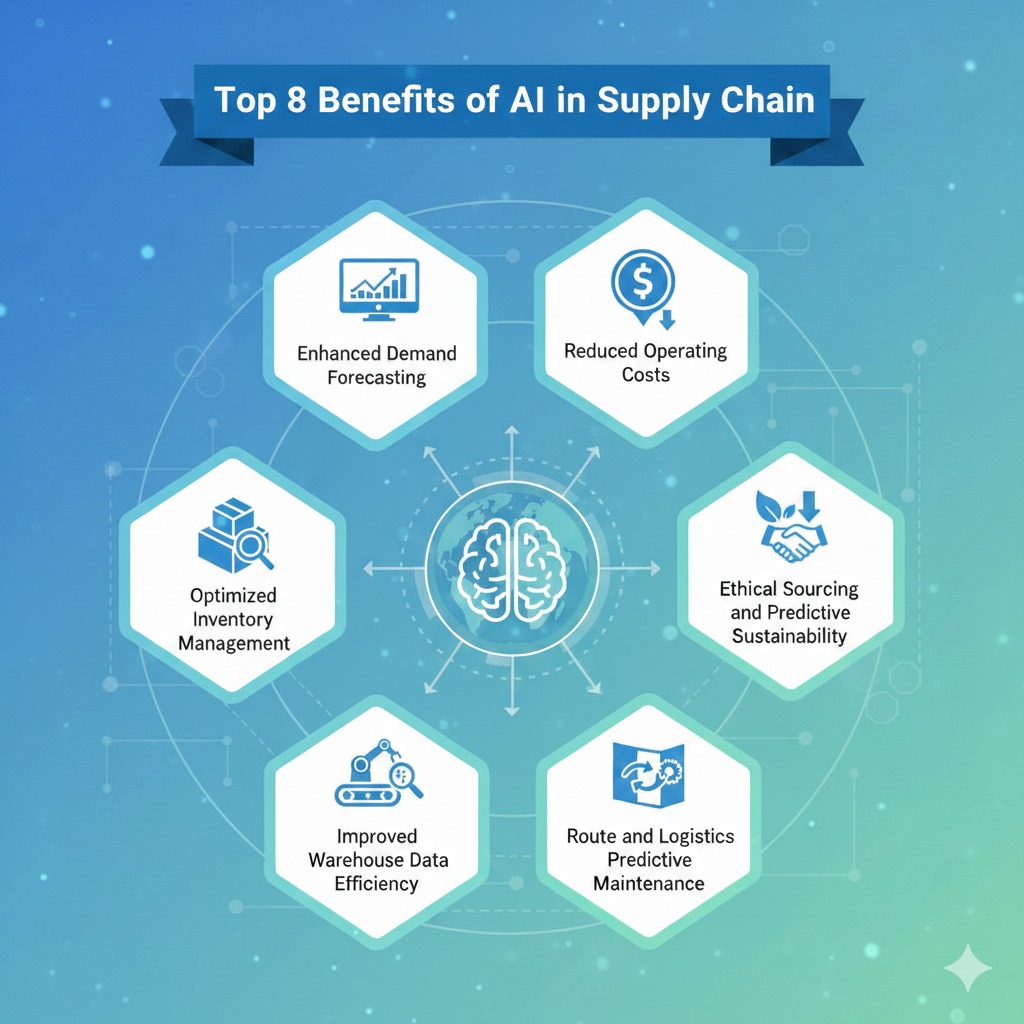
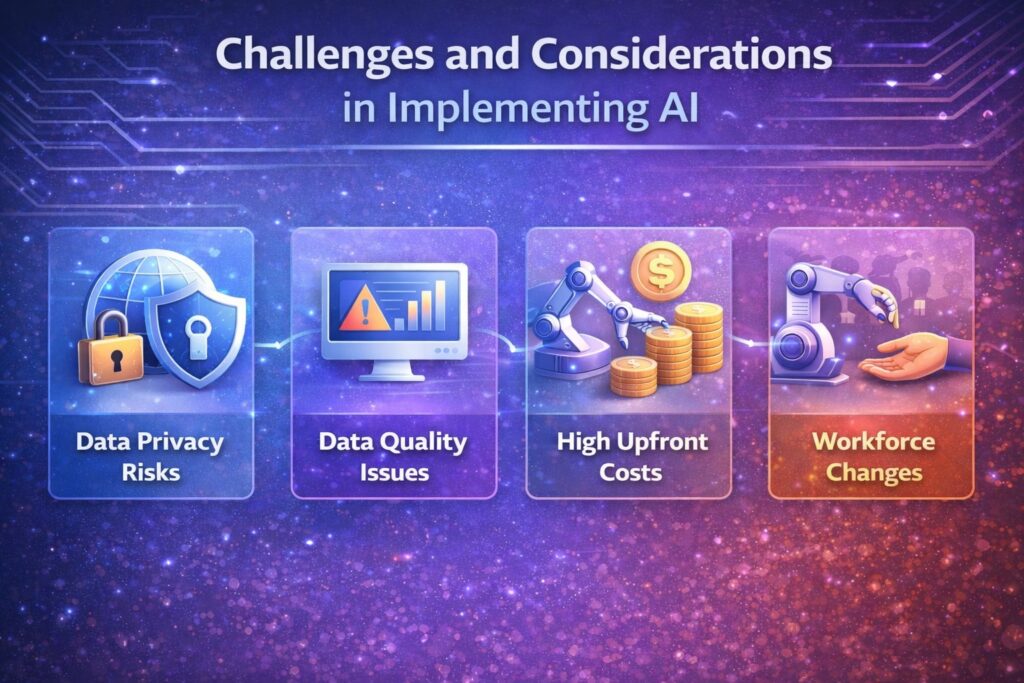
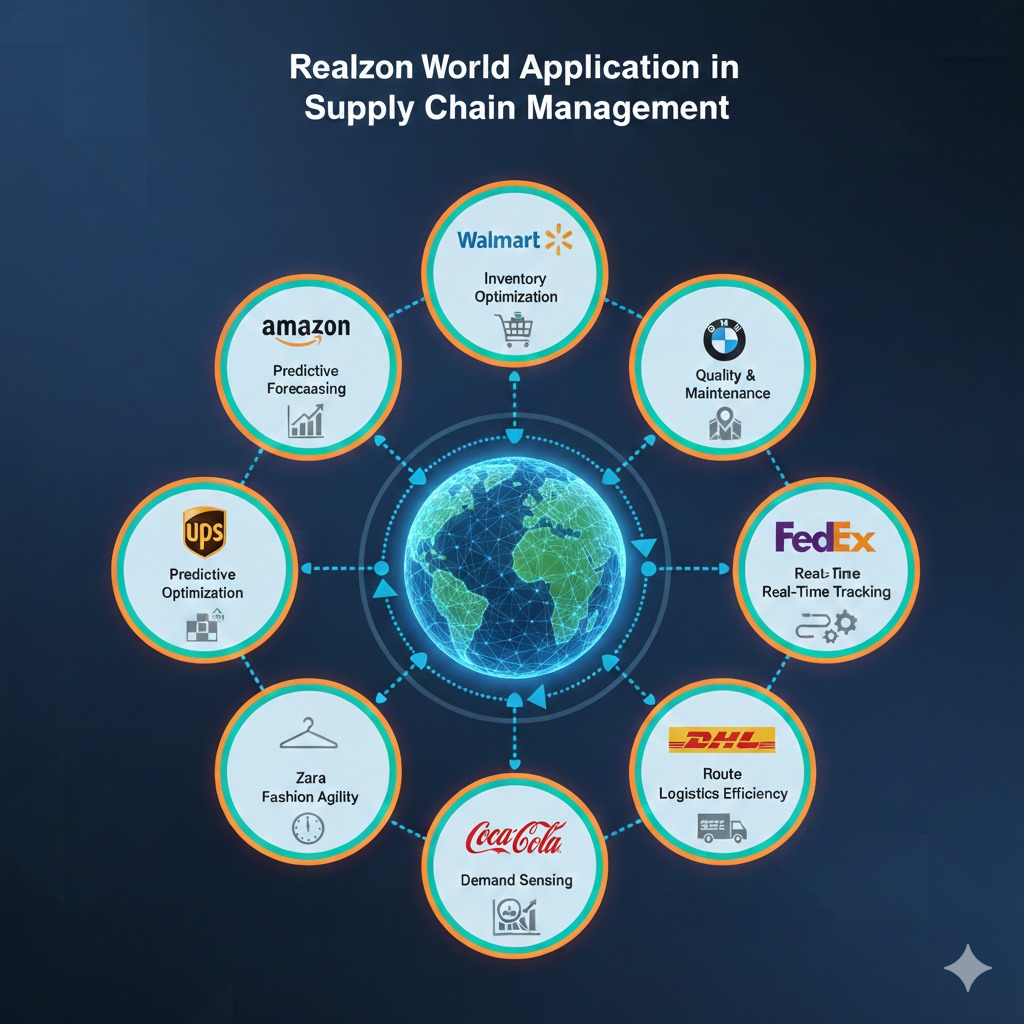
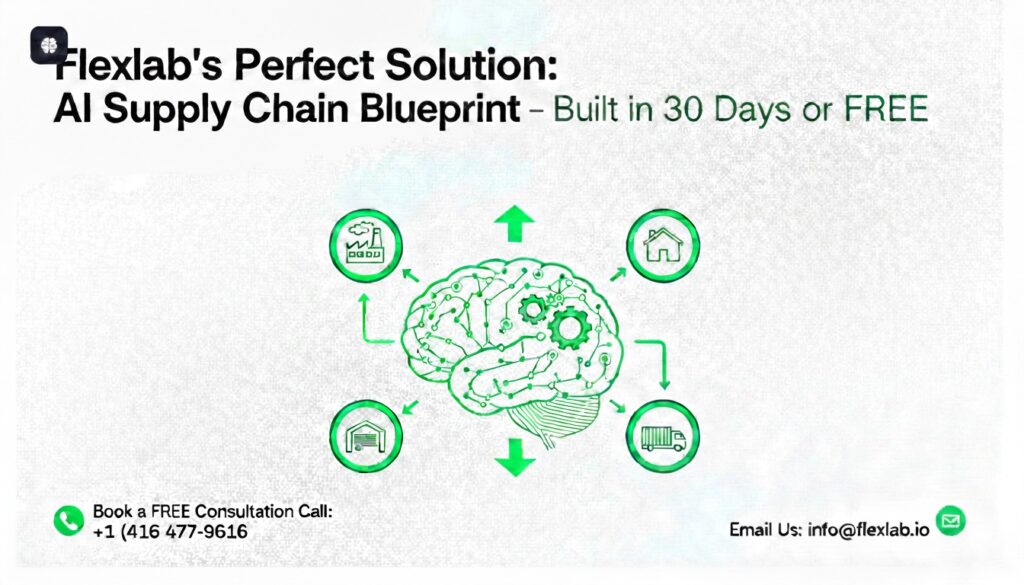

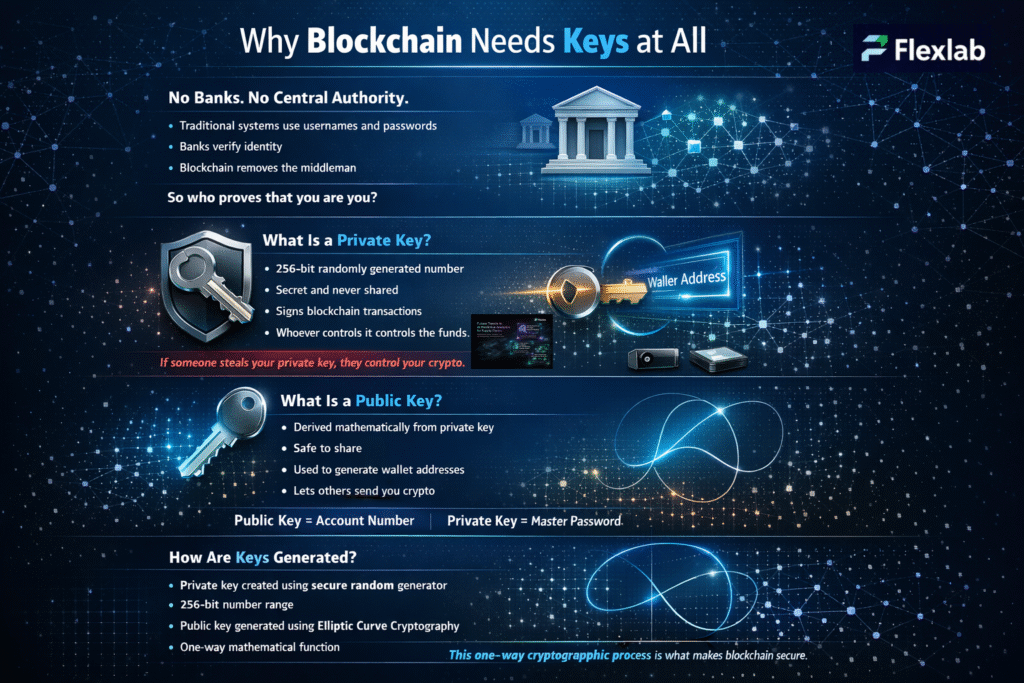

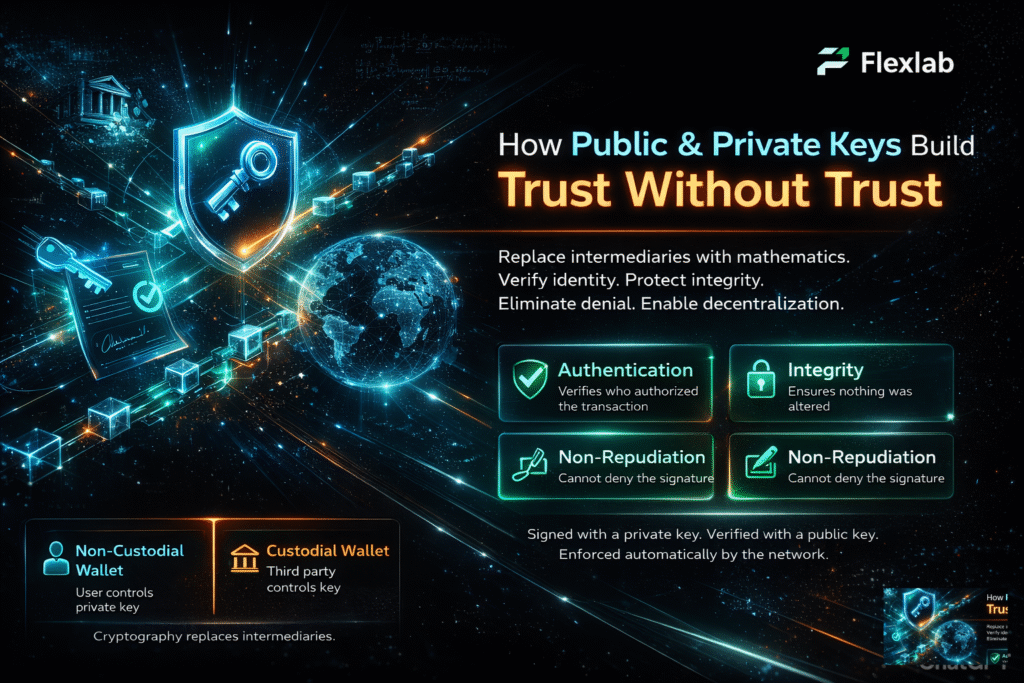
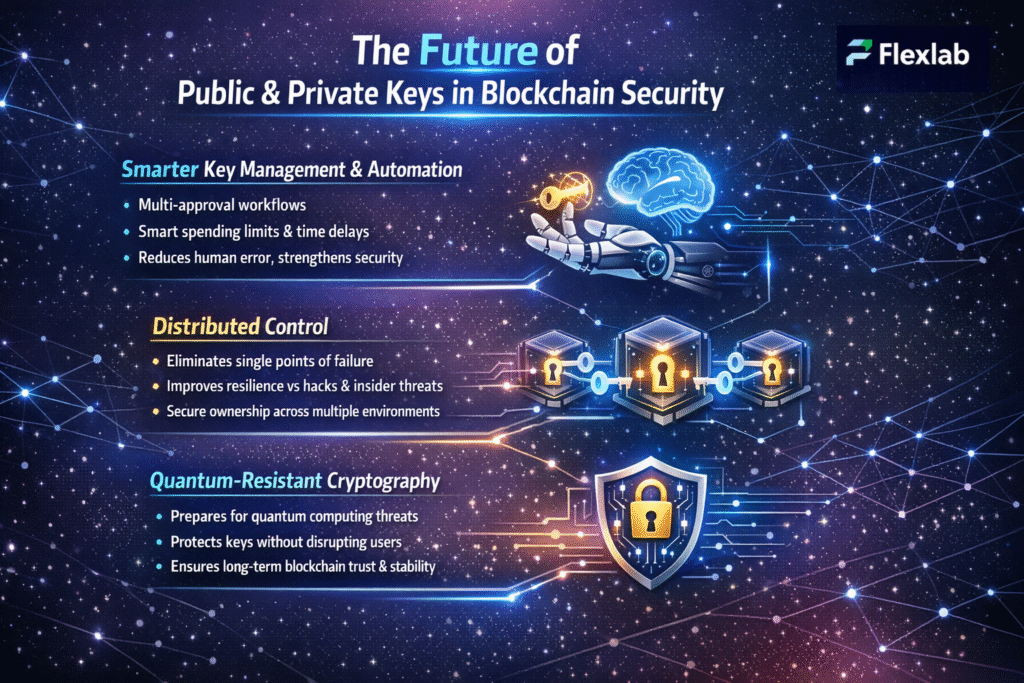
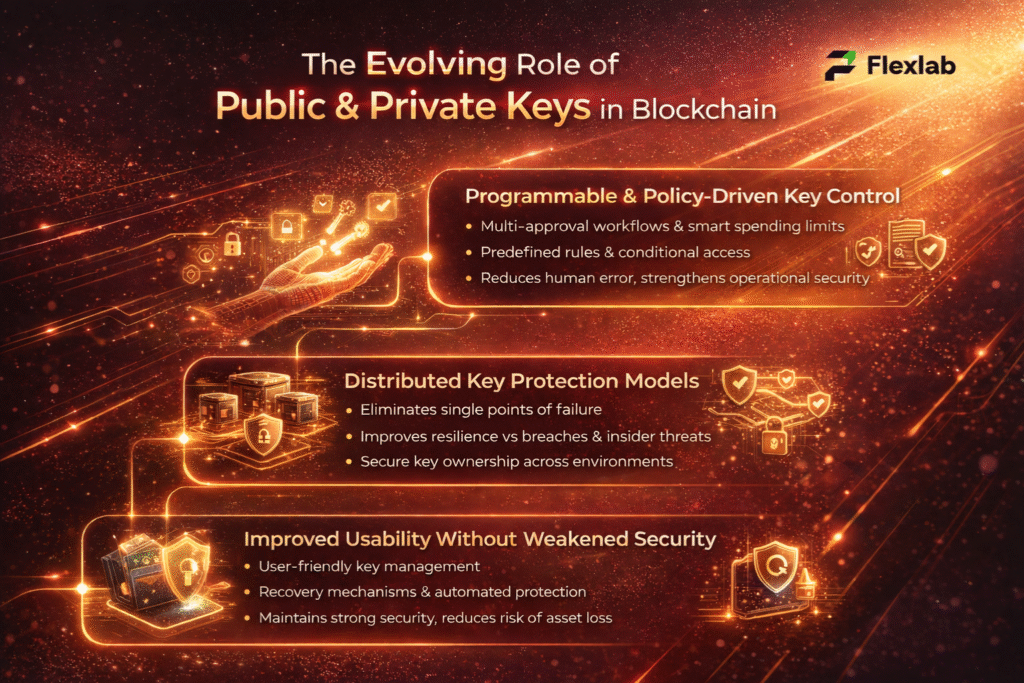
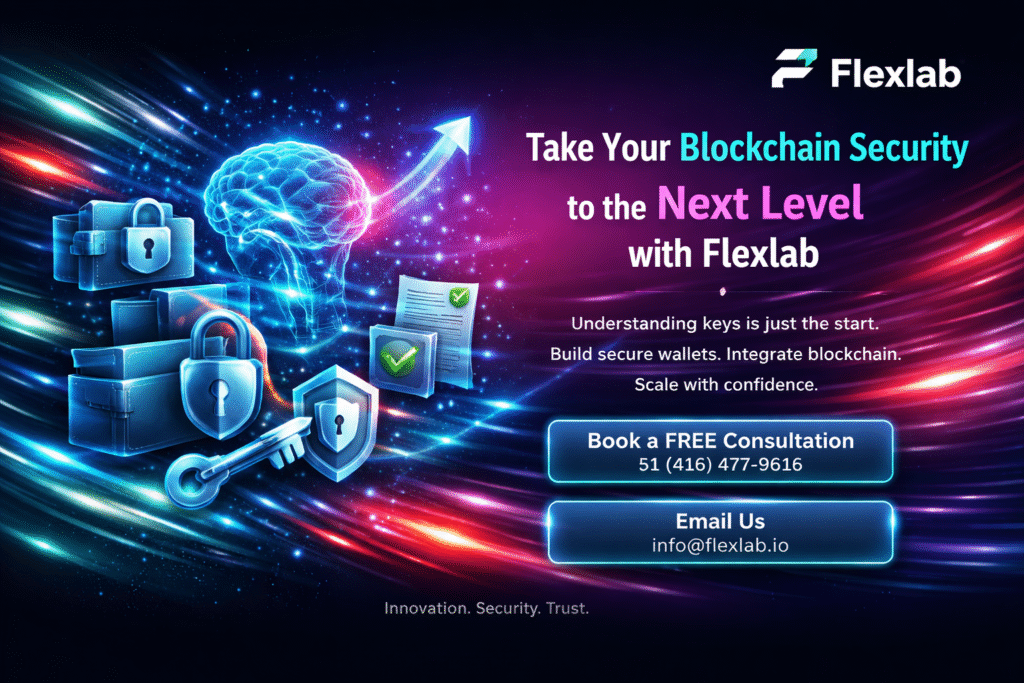

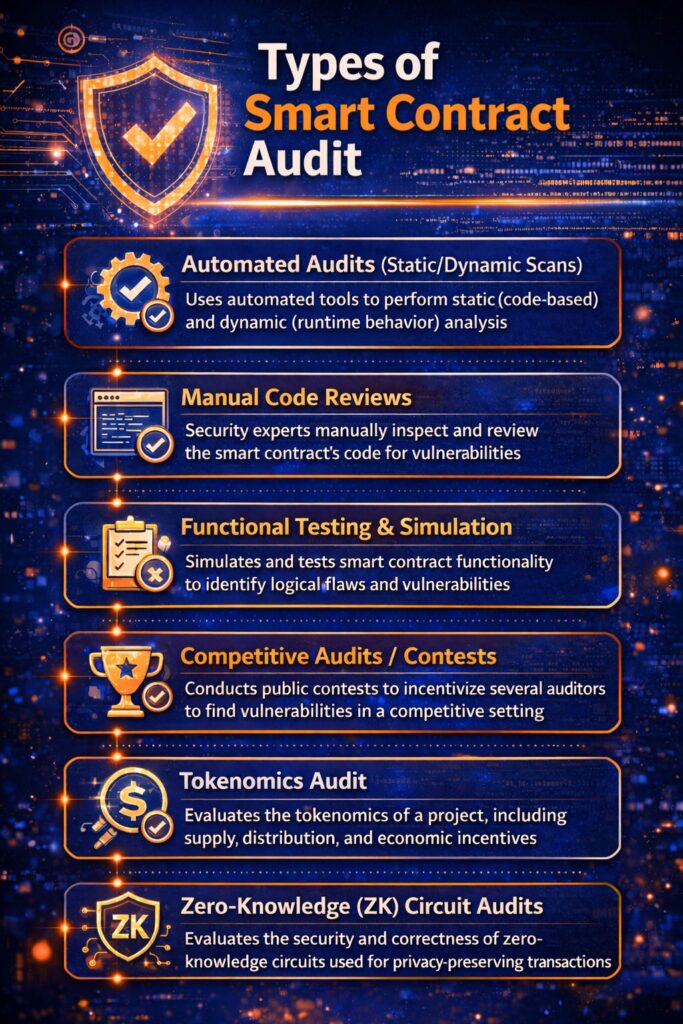
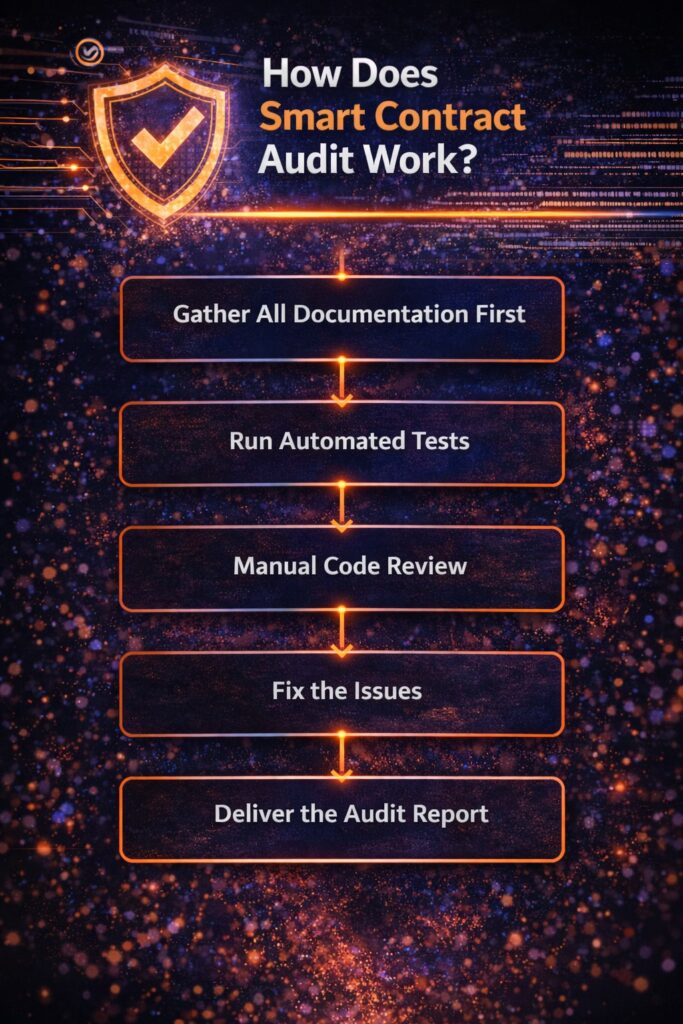
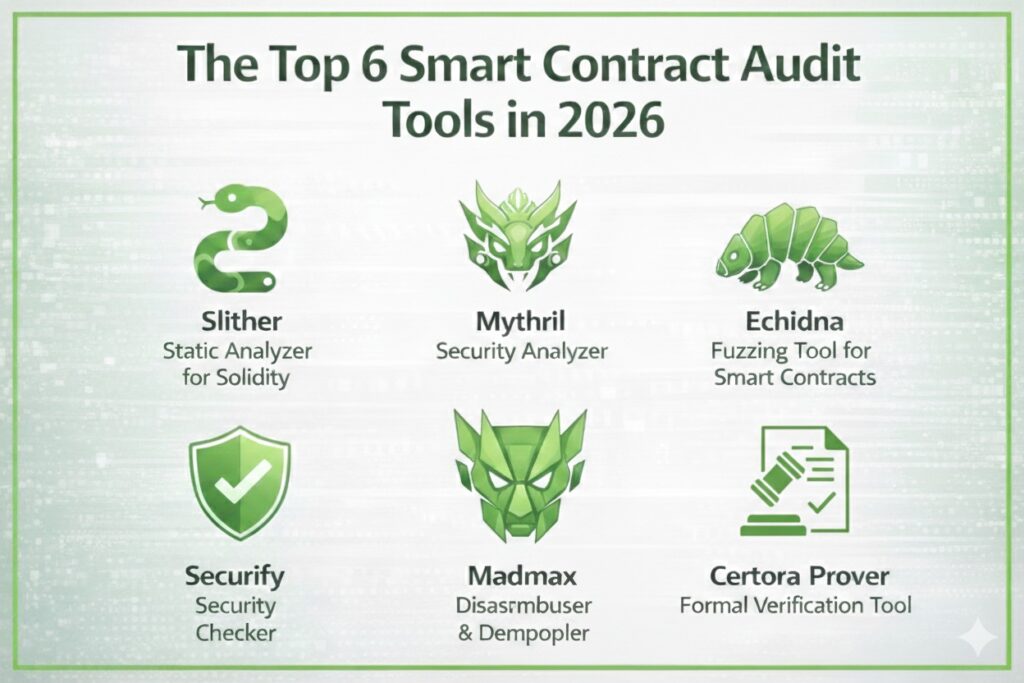

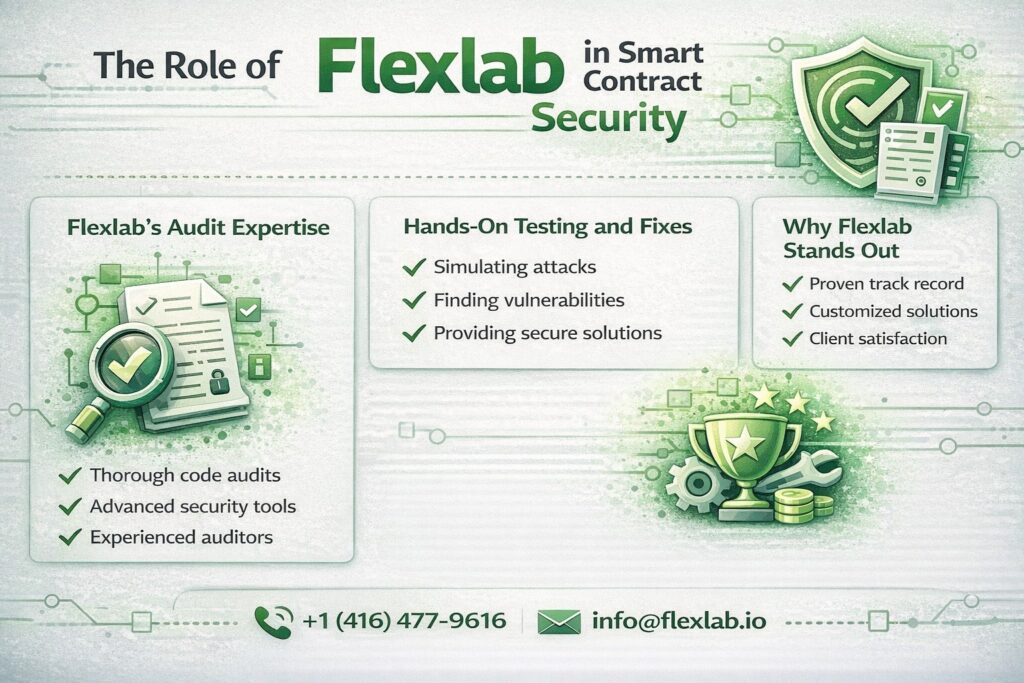
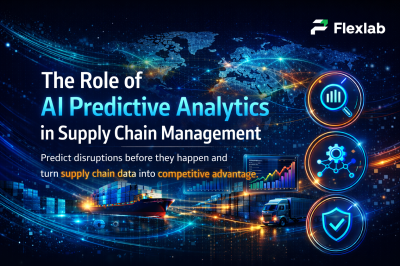
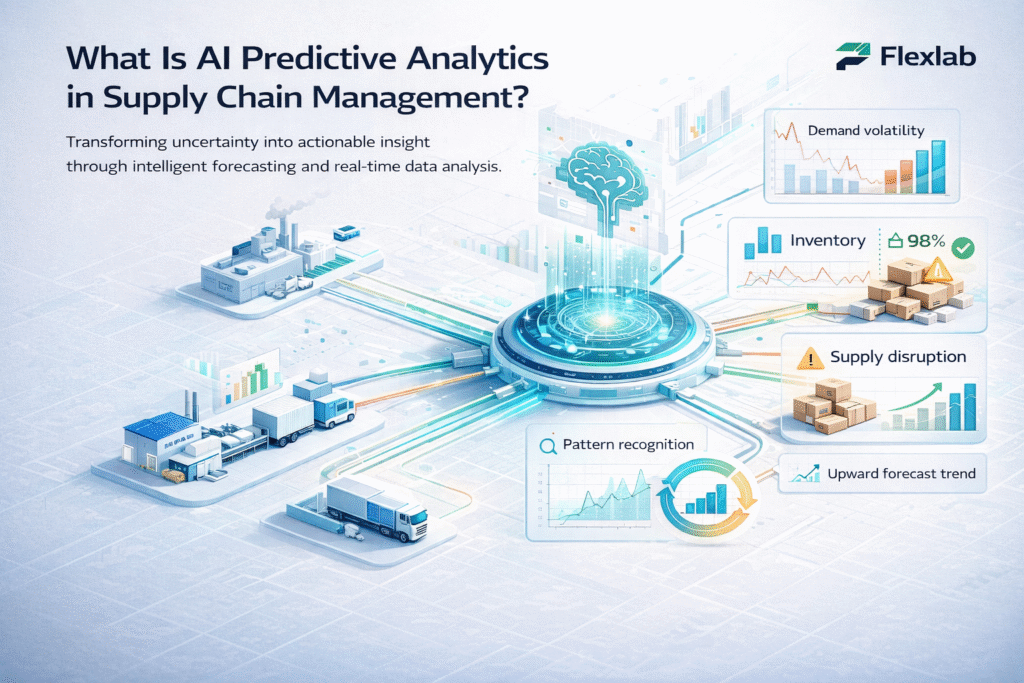
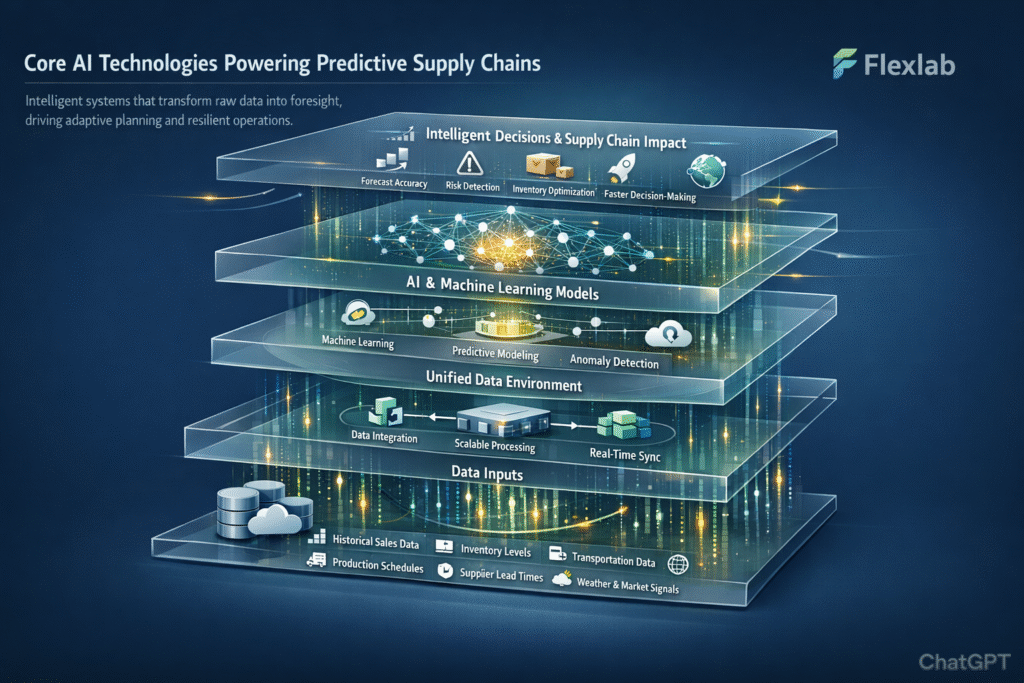
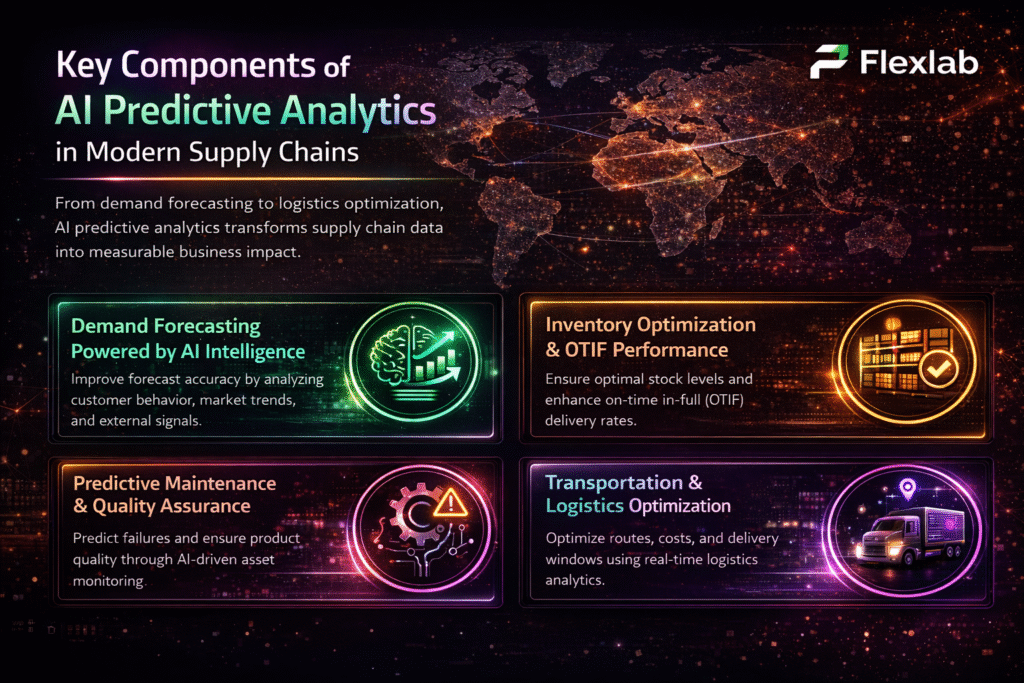
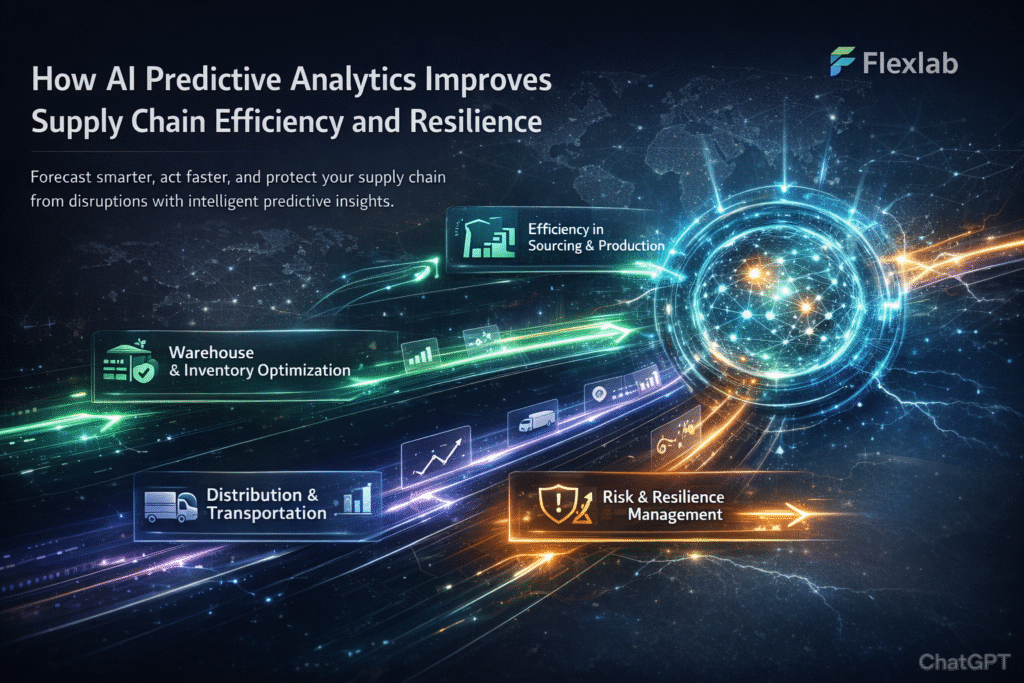
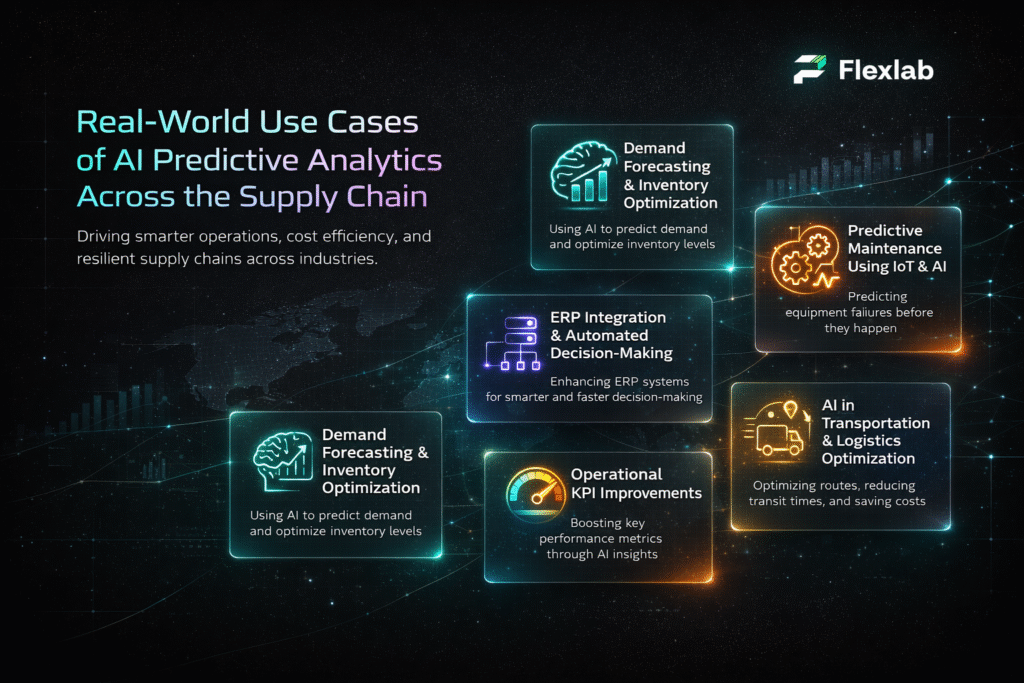
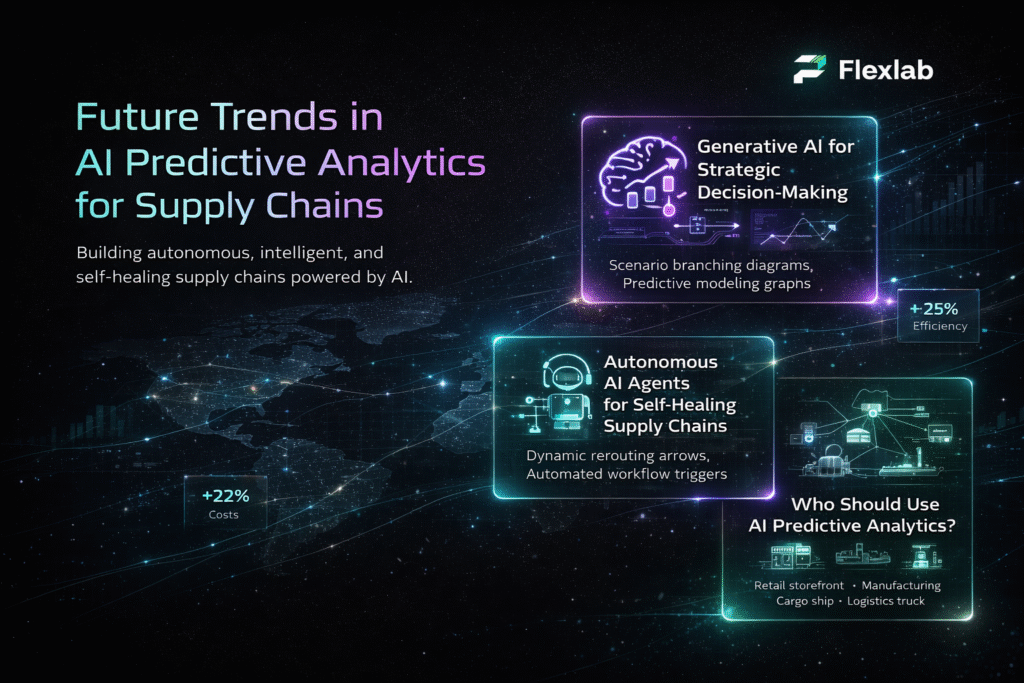

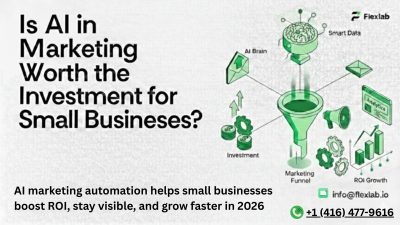
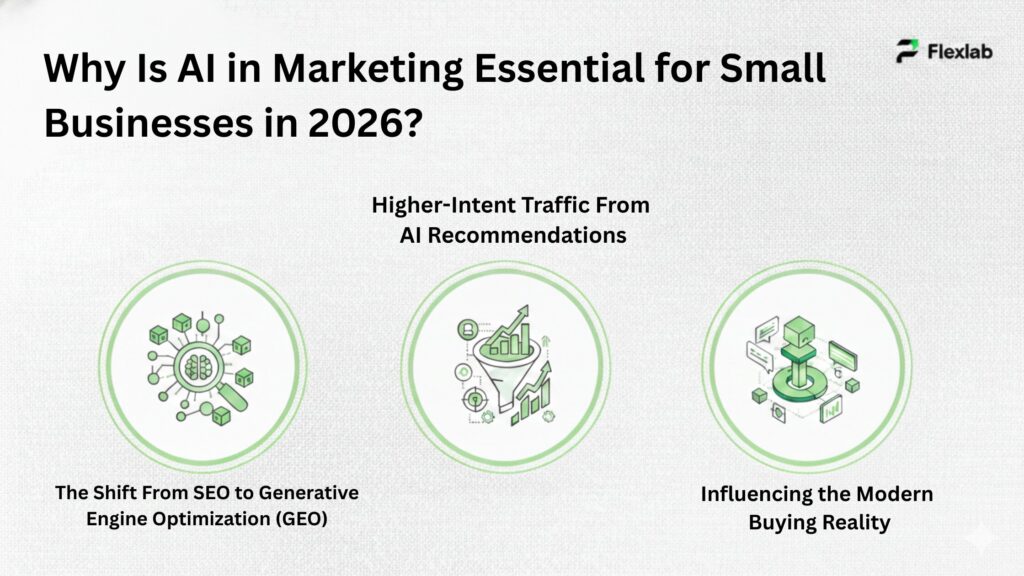
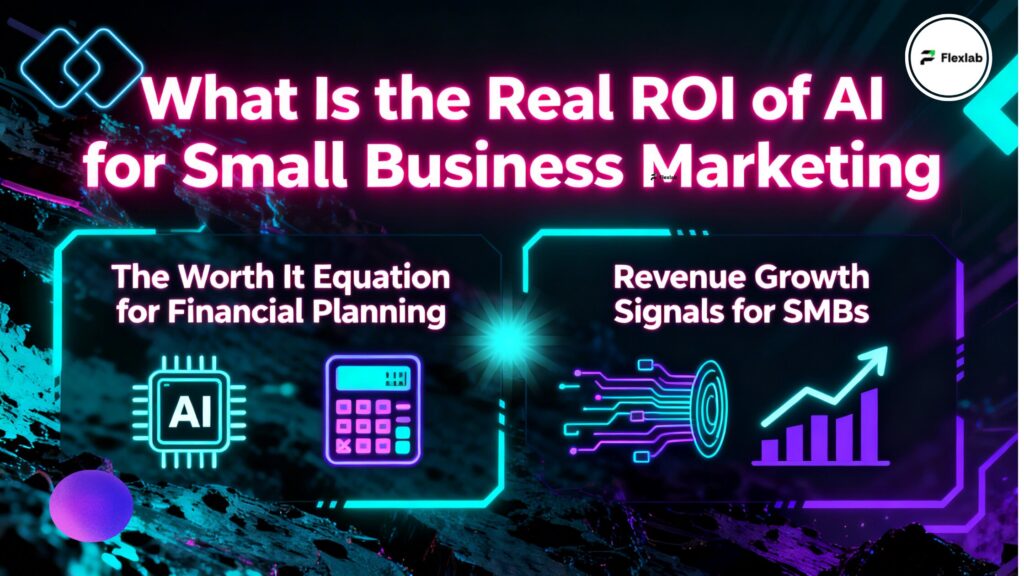
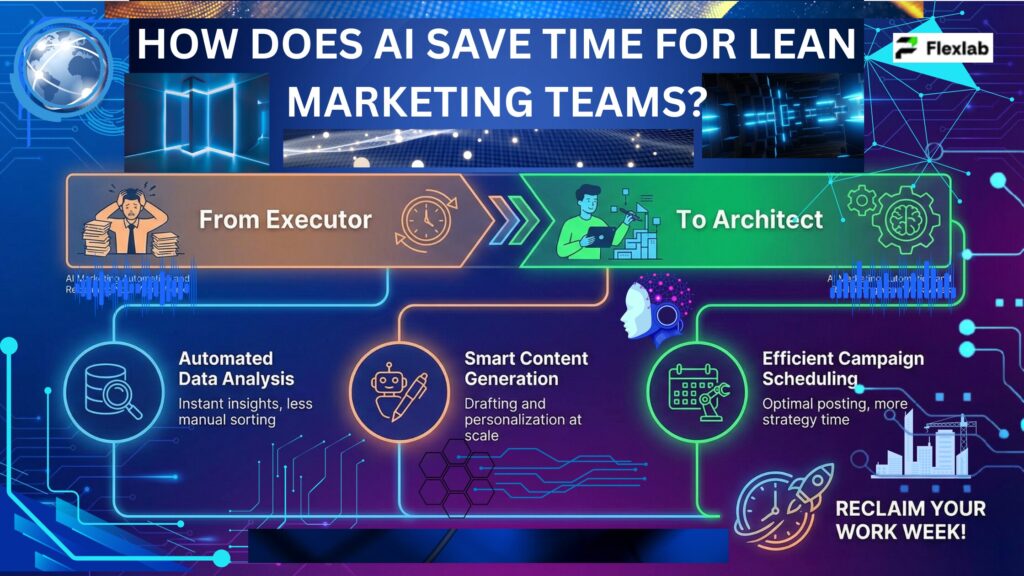
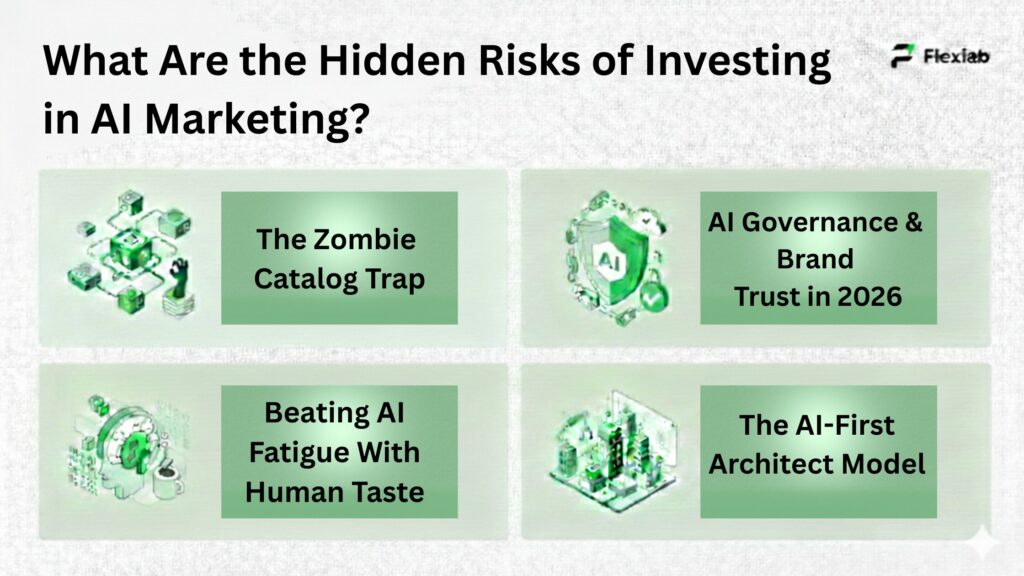
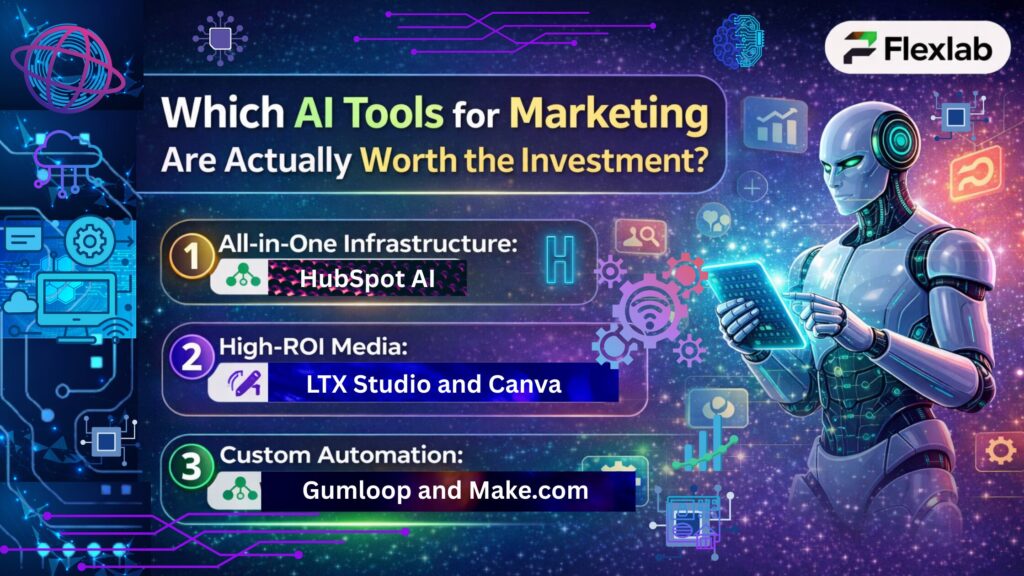
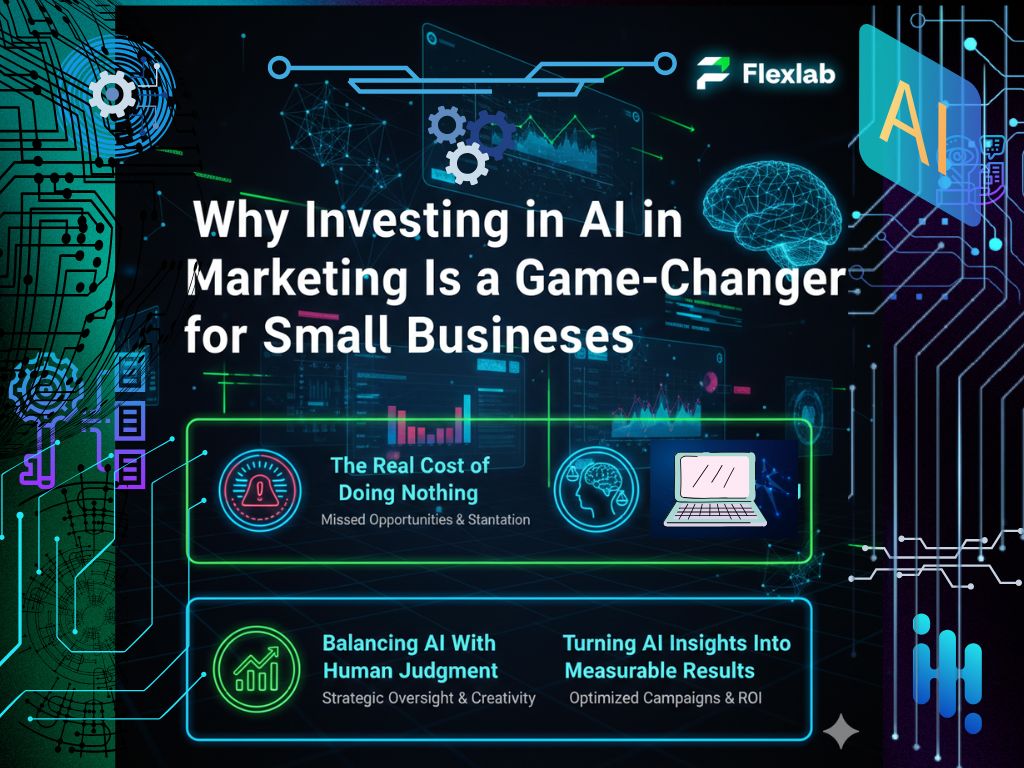
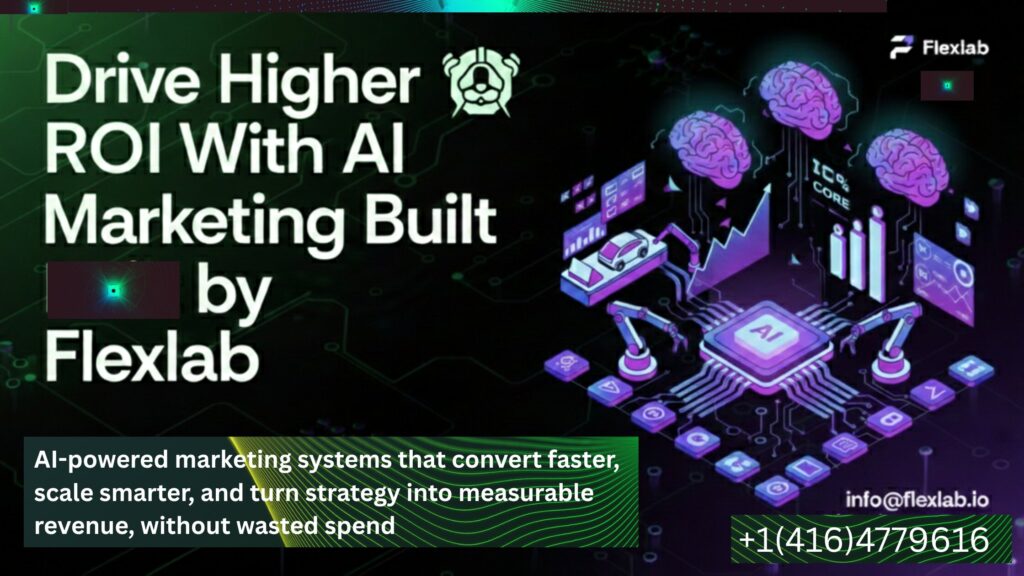
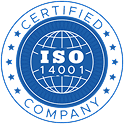


9 Responses
Thank you for your sharing. I am worried that I lack creative ideas. It is your article that makes me full of hope. Thank you. But, I have a question, can you help me?